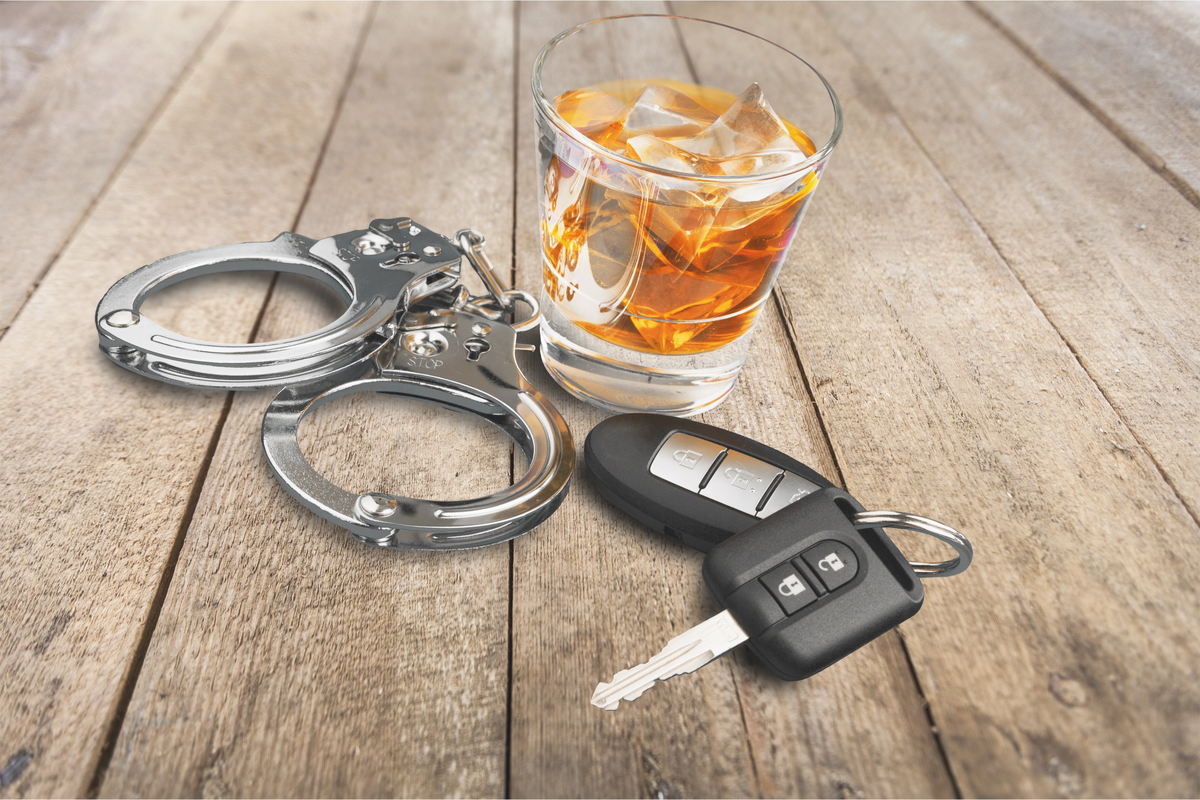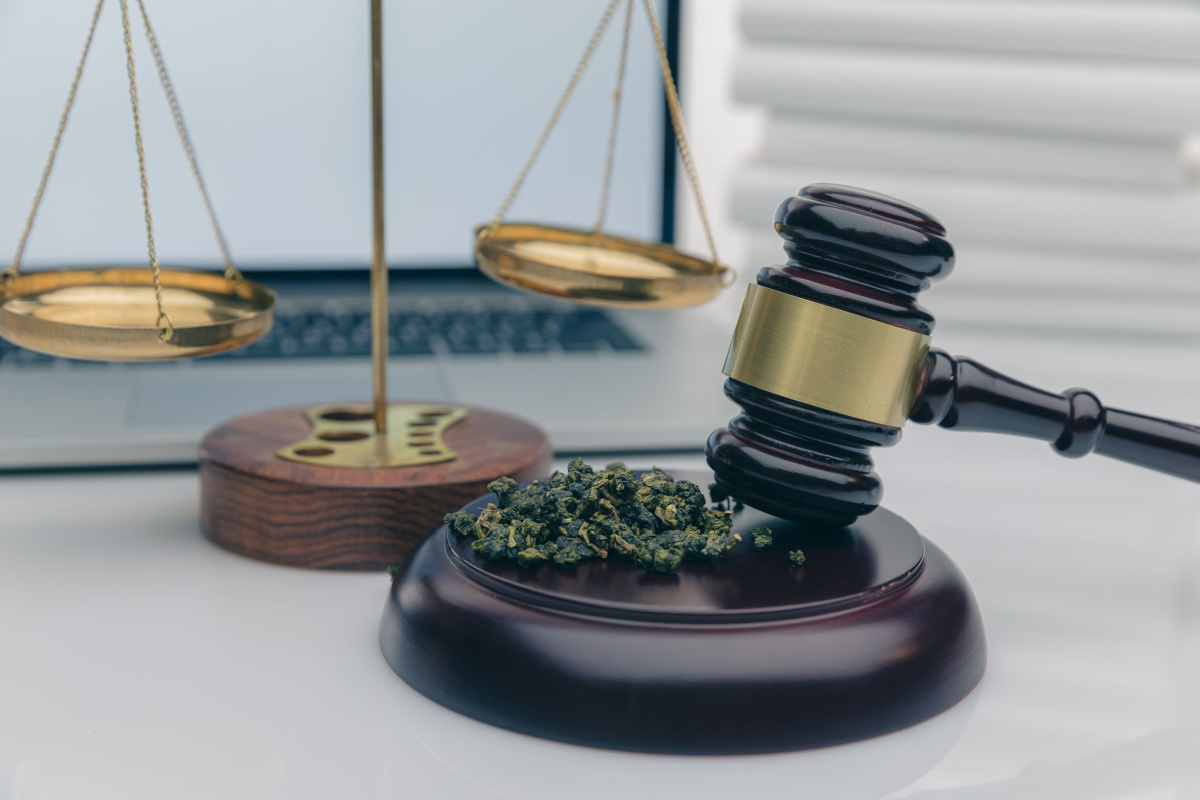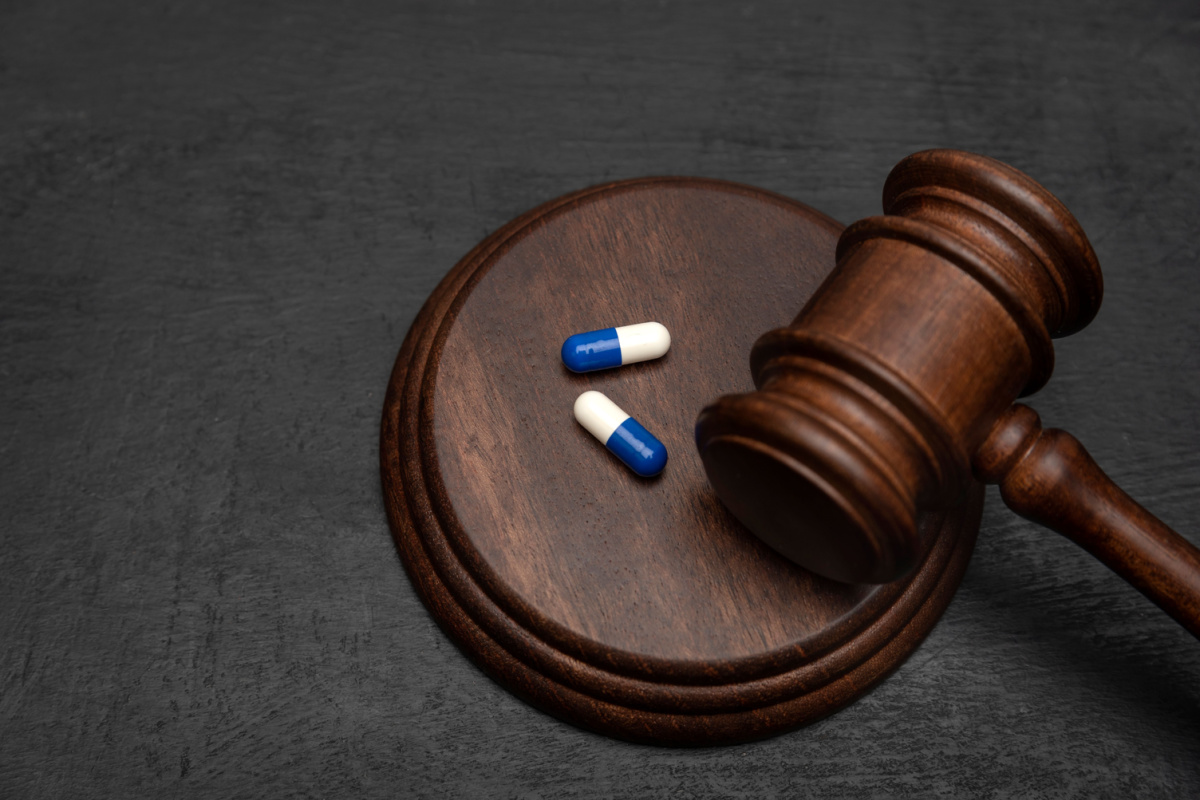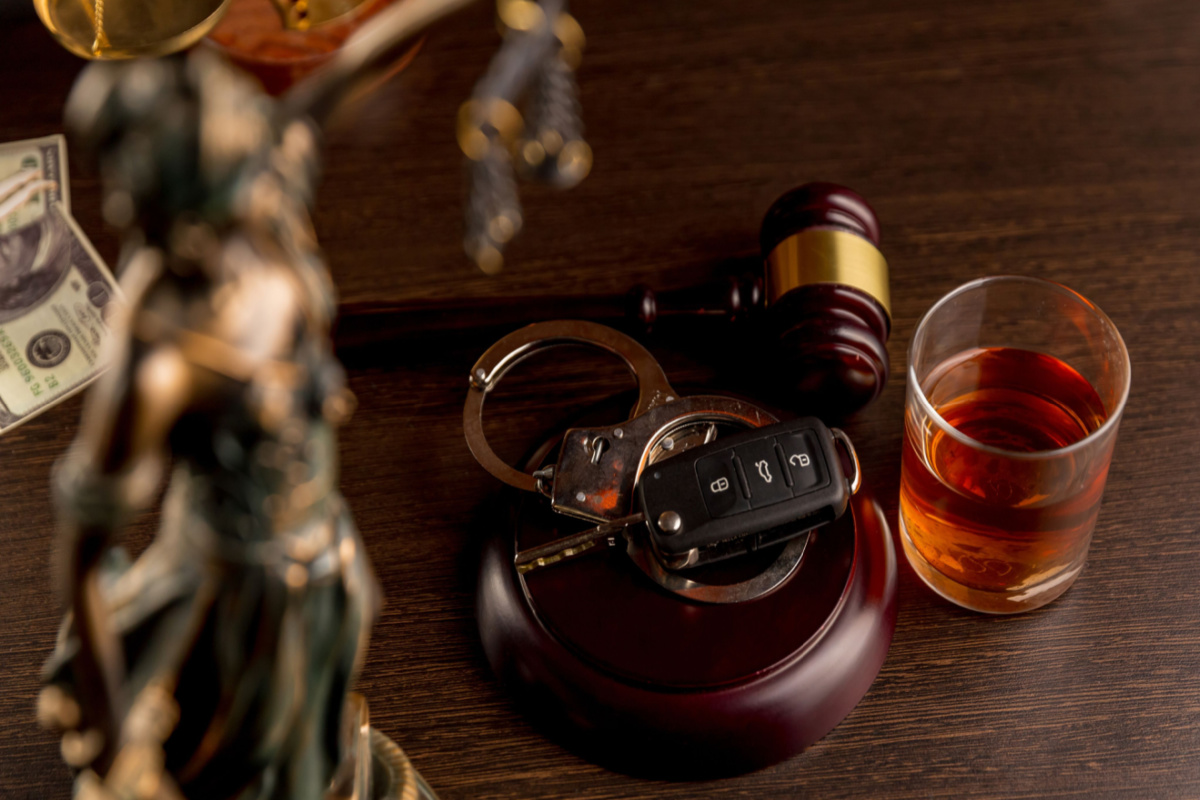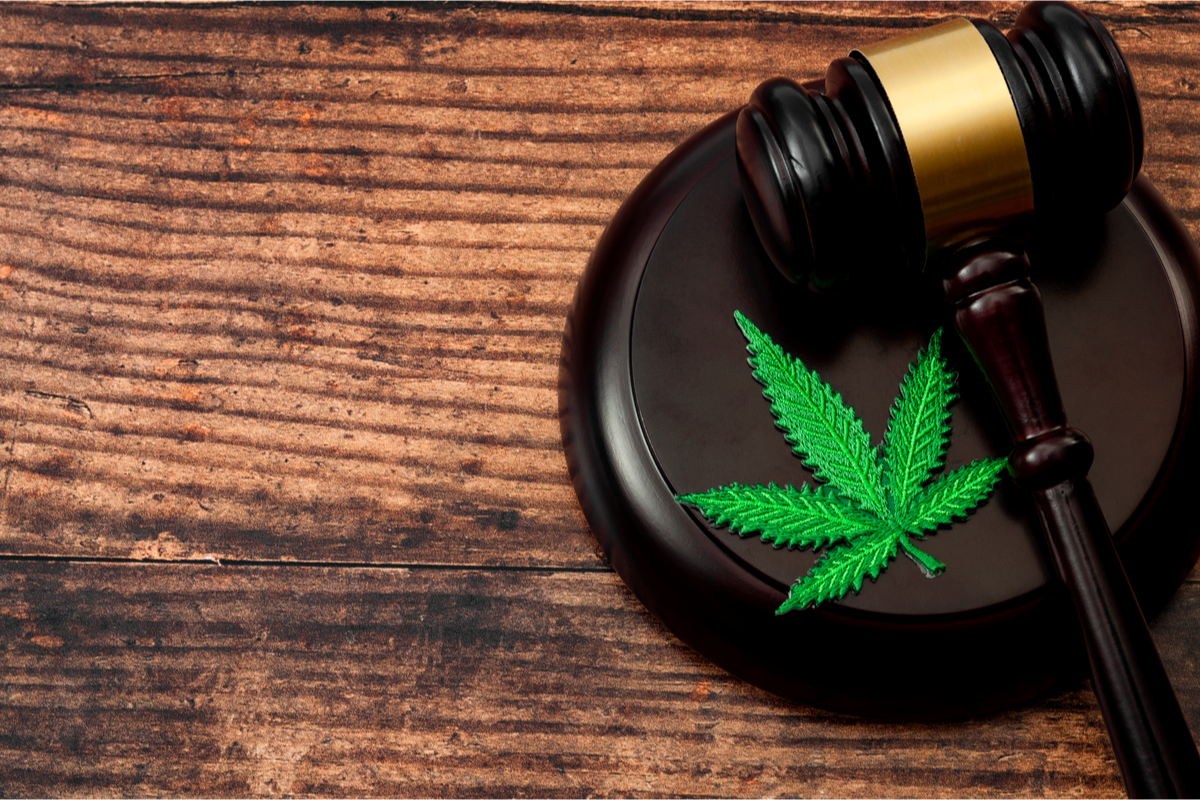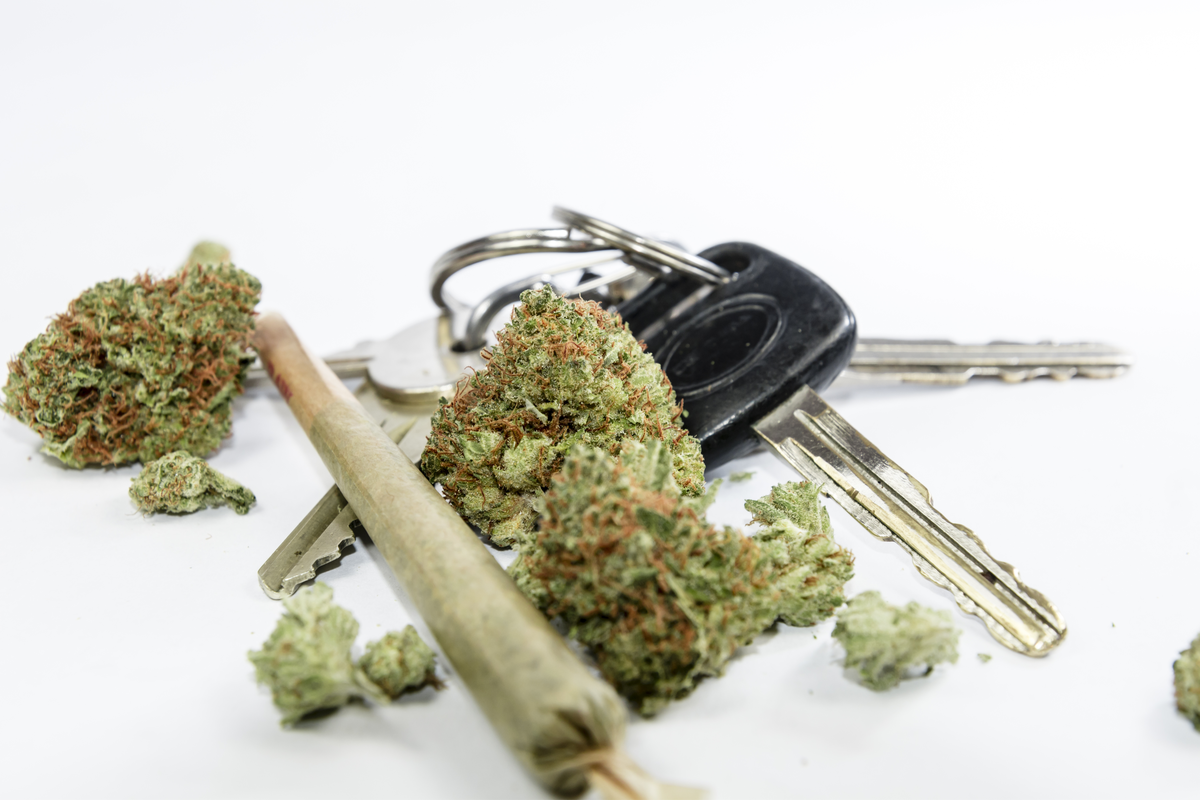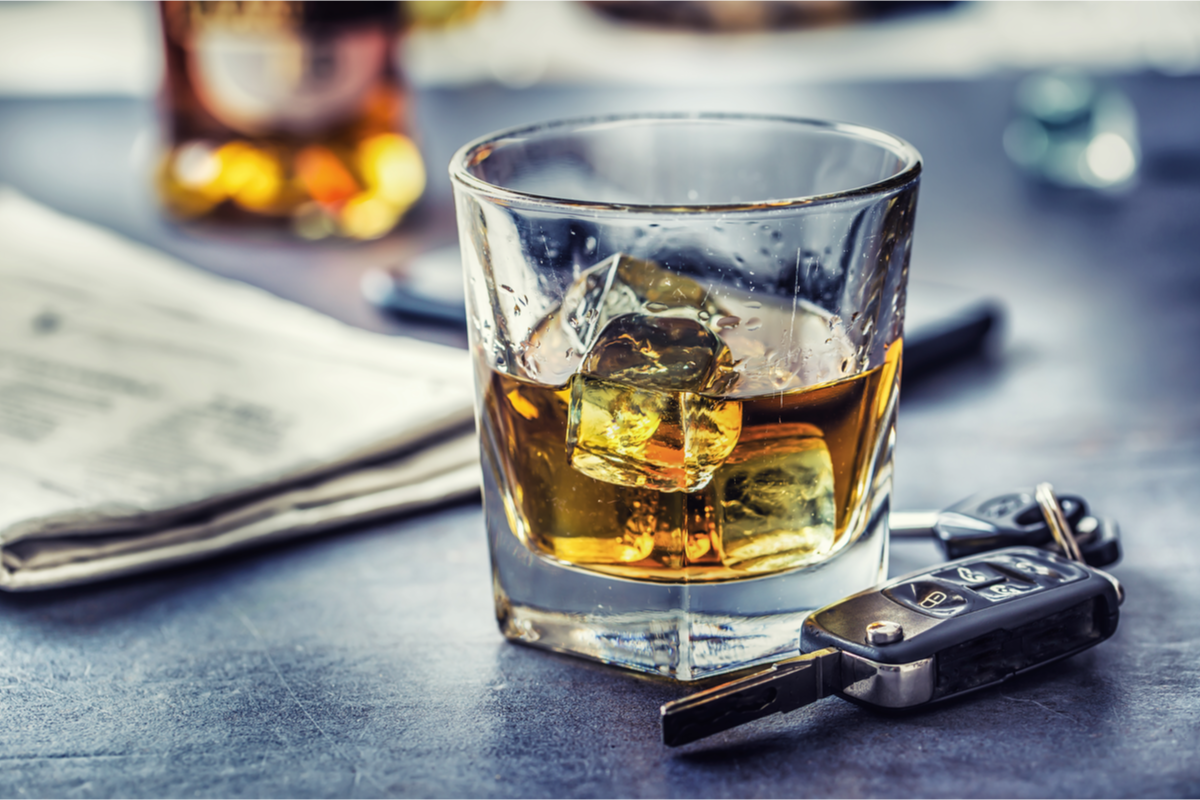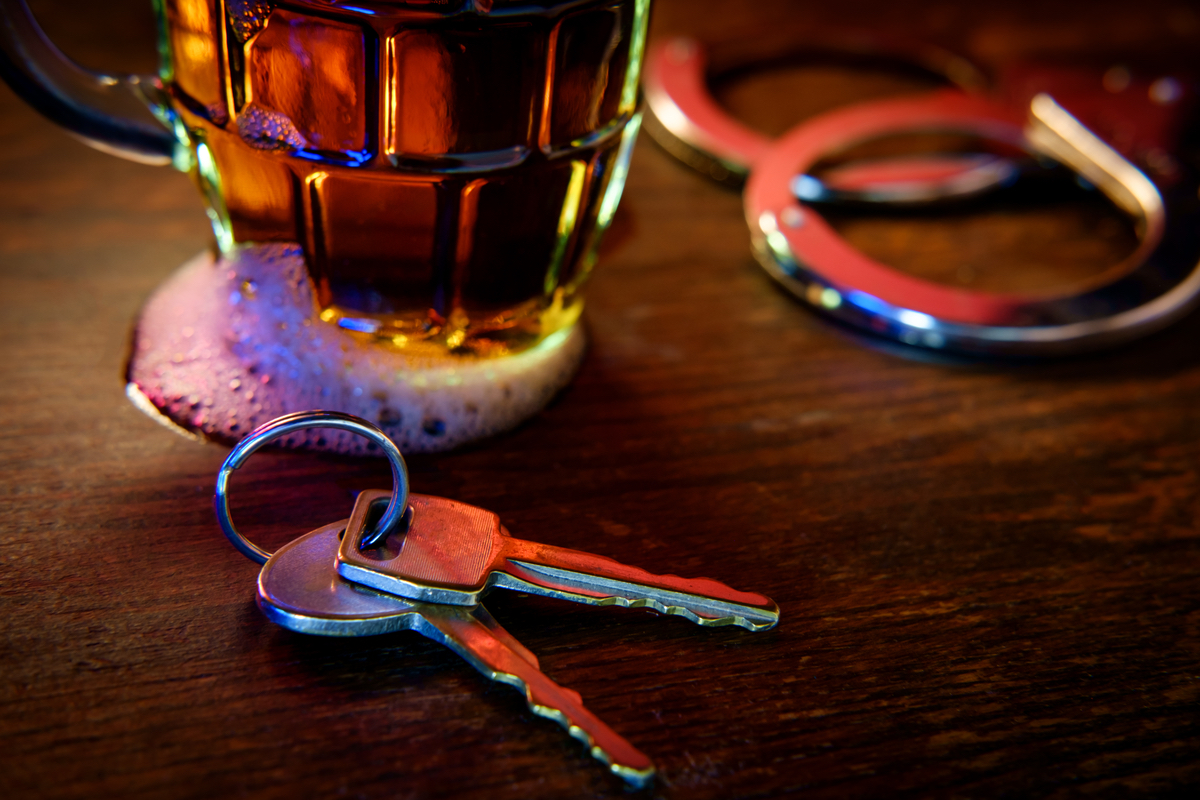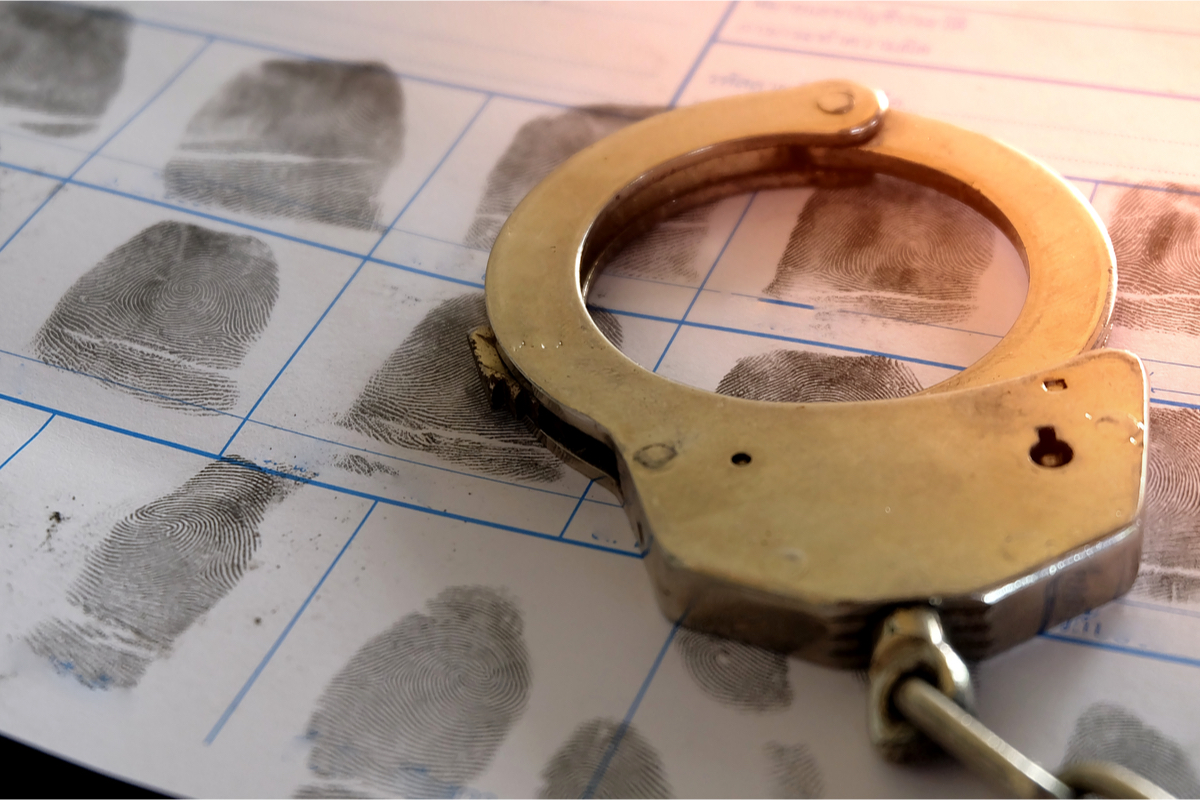For licensed professionals, a DUI arrest can trigger serious repercussions beyond legal penalties. For instance, individuals holding medical, nursing, or teaching licenses may face disciplinary actions from their respective licensing boards. These consequences can range from suspension to revocation of licenses, depending on the severity of the offense and specific board regulations. Similarly, commercial drivers might risk losing their CDL, severely impacting their livelihood. Real estate agents and architects are not exempt from these risks, as a DUI can compromise their professional standing and credibility. Professionals in Louisiana need to be aware of these risks and understand the possible outcomes of a DUI charge, as it can significantly affect their career trajectory and professional opportunities.
DUI Arrests: On Medical and Nursing Licenses
DUI arrests can profoundly impact medical and nursing licenses in Louisiana. When a healthcare professional faces a DUI charge, it’s not just a legal issue; their professional license can also be at stake. Licensing boards for medical and nursing professions take DUI offenses seriously. These may view such incidents as indicators of potential risk to patient safety and professional judgment.
Consequences for a medical or nursing professional can vary. In some cases, a DUI arrest might lead to an investigation by the licensing board. These investigations can result in various outcomes, such as mandatory counseling, fines, or license suspensions. In more severe instances, professionals might permanently lose their licenses. The impact of a DUI on a medical or nursing career is significant, potentially hindering job prospects and damaging reputations in the healthcare community. These professionals must understand the gravity of such charges and their potential effects on their careers.
The Impact of DUI on Commercial Driving Licenses in Louisiana
The impact of a DUI on commercial driving licenses in Louisiana is a significant concern for anyone holding a Commercial Driver’s License (CDL). A DUI offense can lead to immediate and severe consequences for these drivers. Given the stringent safety standards in the transportation industry, a DUI is seen as a serious violation.
When a commercial driver is charged with a DUI, it often results in the suspension of their CDL. This suspension can vary in length, but it directly affects the driver’s ability to work. For many, this means a loss of income and potential job insecurity. In more severe cases, or with multiple offenses, a driver might face the permanent revocation of their CDL.
Protecting Your Teaching License Post-DUI Arrest in Louisiana
Protecting a teaching license after a DUI arrest in Louisiana involves understanding the potential repercussions on one’s career. Teachers hold positions of trust and are expected to maintain high standards of conduct. A DUI arrest can put this trust and professional standing at risk.
When a teacher is arrested for DUI, it often triggers a review by the licensing board or school administration. The outcomes of such reviews can vary, including actions like suspension or probation, contingent on the case’s specifics and the individual’s history. In severe instances, a teacher could face the revocation of their license, which would profoundly affect their ability to work in the education field.
Legal Strategies for Defending Professional Licenses After a DUI
Defending professional licenses after a DUI arrest involves understanding such an event’s legal and professional ramifications. A DUI charge can lead to serious consequences for licensed professionals across various fields. The defense strategy often hinges on the specific circumstances of the DUI case and the regulations of the respective professional licensing board.
In these situations, the focus is on demonstrating responsibility and a commitment to rectifying any issues leading to the DUI. This might involve participating in rehabilitation programs or community service for some professionals. It’s also common for individuals to undergo evaluations assessing their fitness to continue their profession.
Moreover, professionals may need to present evidence of their good standing and contributions to their field as part of their defense. This approach aims to show the licensing board the individual’s overall professional conduct and dedication to maintaining high standards in their work and defending a professional license after a DUI addresses the legal charge and its broader implications on one’s professional life.
DUI Convictions: Implications for Real Estate and Broker Licenses
DUI convictions affect real estate and broker licenses for professionals in these fields. Real estate agents and brokers are often held to high standards of professionalism and integrity. A DUI conviction can be seen as a breach of these standards, potentially leading to disciplinary action from licensing boards.
These boards review each case individually, considering factors like the severity of the DUI and the professional’s history. Consequences can range from fines and mandatory education programs to license suspension or revocation. This can disrupt real estate professionals’ ability to work, affecting their reputation and career prospects.
Real estate agents and brokers need to understand the serious nature of a DUI conviction. Such an offense does not just result in legal penalties but also poses risks to their professional licenses and careers. Acknowledging the potential impact on their professional standing is vital for those in the real estate industry.
How a DUI Can Affect Your Engineering or Architecture License
A DUI can significantly affect an engineering or architecture license, a concern for professionals in these fields. Engineers and architects are expected to uphold high standards of professionalism and responsibility. A DUI charge can challenge this perception, leading to possible disciplinary actions by licensing boards.
For engineers and architects, the consequences of a DUI can range from a formal reprimand to more severe penalties like suspension or revocation of their license. The decision often depends on the specifics of the DUI incident and the individual’s professional history. Licensing boards typically conduct a thorough review, considering the impact of the DUI on the professional’s ability to perform their duties safely and effectively.
Engineers and architects must be mindful of how a DUI can jeopardize their professional license and career. Such an offense not only brings legal troubles but also poses risks to their standing in a highly responsible and trust-oriented profession.
The Long-Term Effects of DUI on Professional Careers in Louisiana
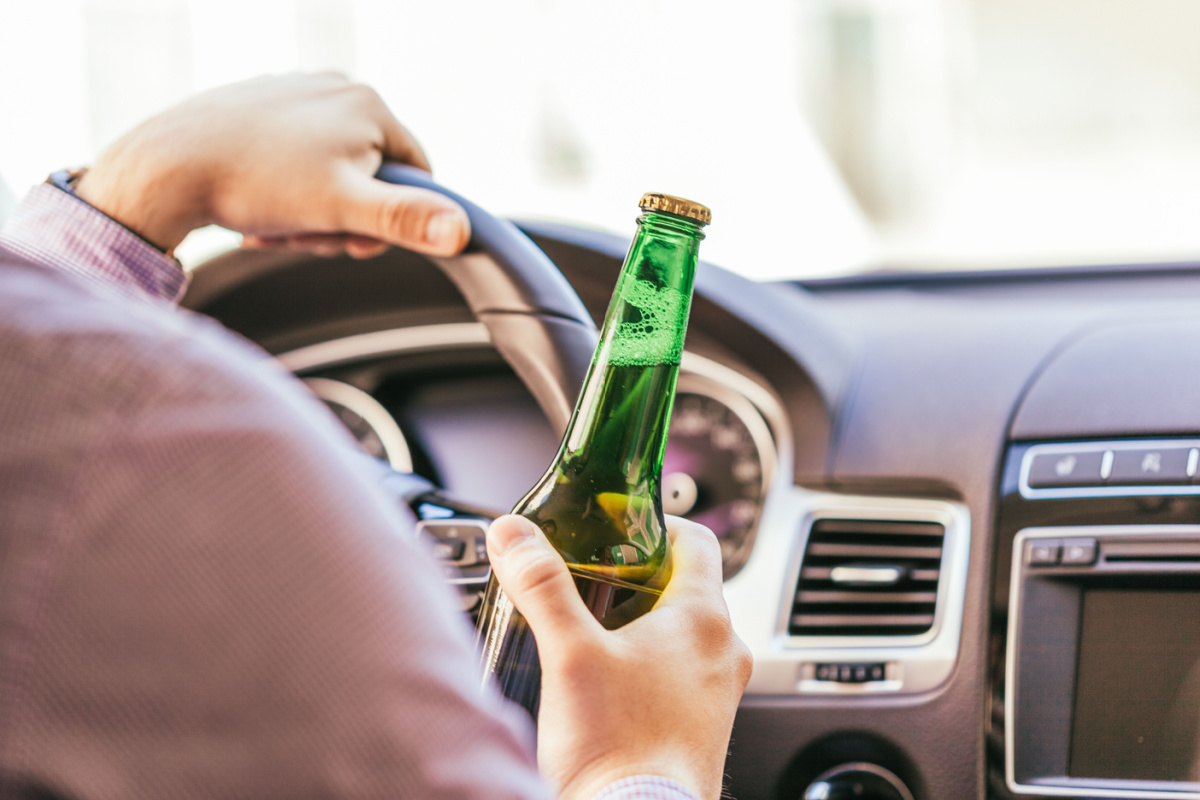
The long-term effects of a DUI on professional careers in Louisiana can be far-reaching and impactful. For individuals in licensed professions, a DUI is not just a one-time legal issue; it can have lasting consequences on their career trajectory. Professions such as medicine, law, education, and others often require a clean record for licensing and employment, and a DUI can tarnish this record.
In many cases, a DUI can lead to job loss or difficulty in securing future employment, as employers often conduct background checks. For those in positions of trust or responsibility, such as healthcare workers or educators, the stigma attached to a DUI can be particularly damaging. It can lead to a loss of respect and trust from colleagues and the community.
Call 504-523-6496 or contact our expert team for a free consultation.

